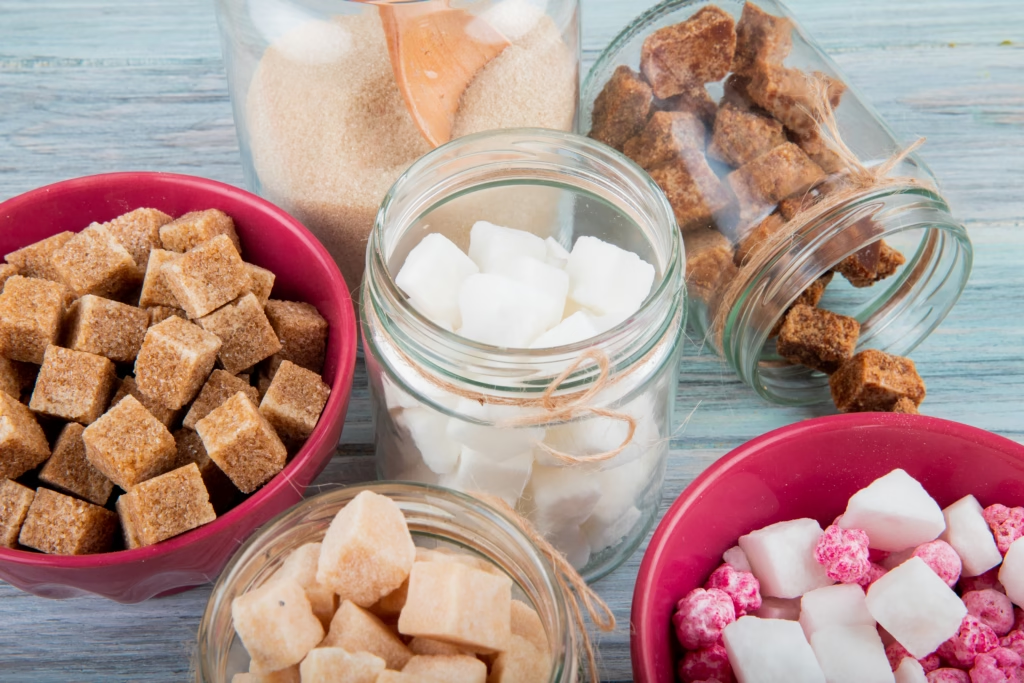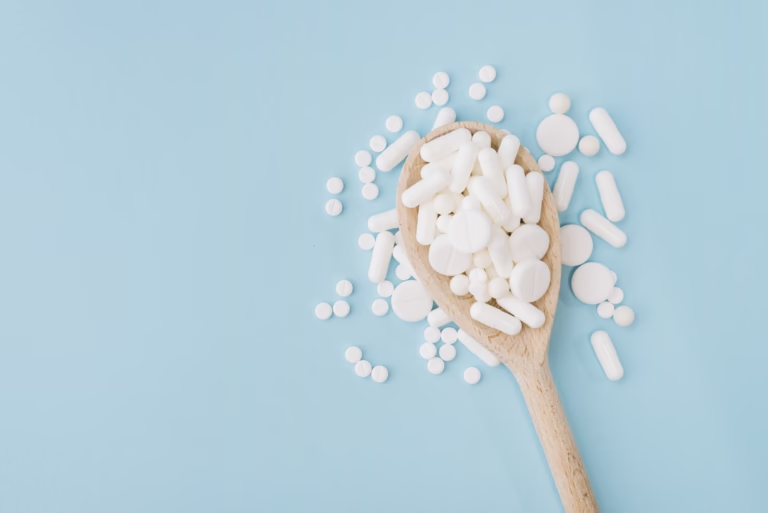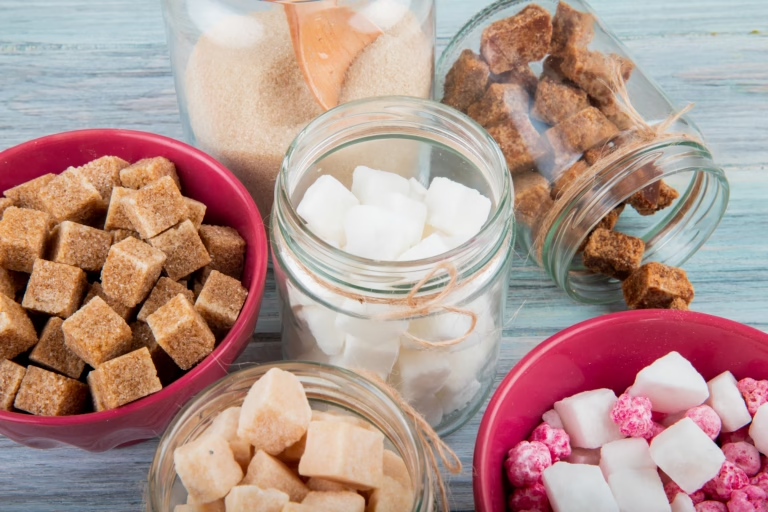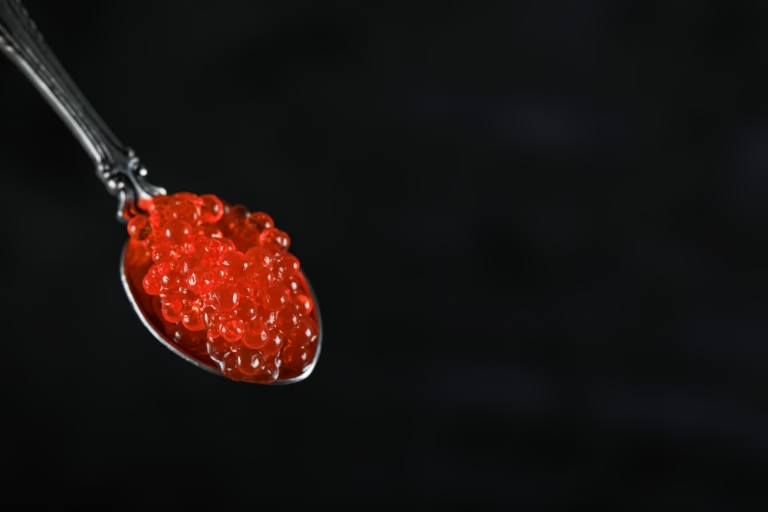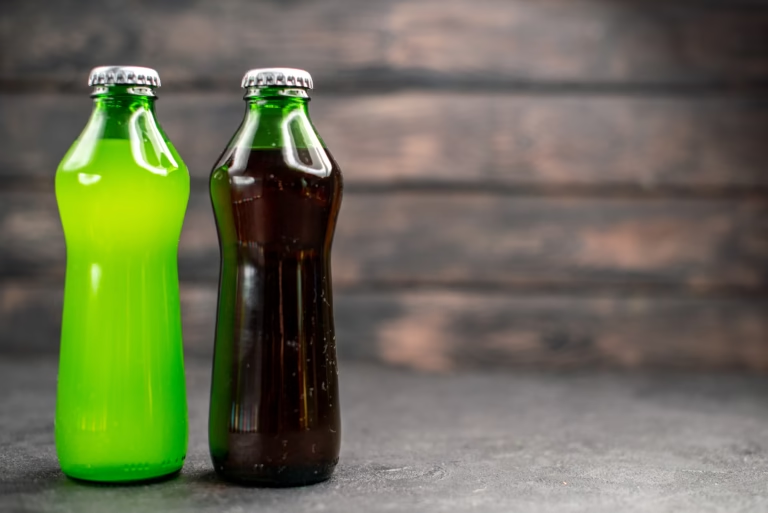Are Artificial Sweeteners Secretly Sabotaging Your Health?
Every morning, it’s the same routine: maybe you reach for a Coke Zero, tear open a tiny pink or blue packet for your coffee, or opt for the “sugar-free” yogurt in the fridge. We’ve been trained to think it’s the healthier choice—no calories, no sugar, just artificial sweeteners. But what if the thing you’re using to avoid sugar is quietly introducing new risks?
Artificial sweeteners have been marketed as the guilt-free way to enjoy sweetness. But recent research is starting to unravel that narrative. Some of the most common sweeteners might be linked to serious health concerns—from cardiovascular risks to gut disruption, and even possible cancer associations.
Let’s take a closer look at what science is telling us and help you answer the question: are artificial sweeteners bad for you, or is this all just hype?
The Sweetener Shift: What the Science Now Says
For years, the advice was clear: sugar is the villain, and artificial sweeteners are the calorie-free heroes. But science evolves. And recently, a few high-impact studies have challenged what we thought we knew.
A 2022 study published in the British Medical Journal followed over 100,000 participants and found that those consuming higher amounts of artificial sweeteners had a 9% higher risk of cardiovascular disease, and an 18% higher risk of stroke. That’s a serious wake-up call.
While these findings don’t prove cause and effect, they’ve sparked a renewed wave of research—and concern. So what’s happening in the body when we use these sweeteners? And which ones should you be most cautious about?
The Heavy Hitters: Which Artificial Sweeteners Raise Red Flags?
Let’s break down some of the most common names in the sweetener game. Not all are created equal—and not all risks are the same.
1. Aspartame
Brand names: Equal, NutraSweet
Found in: Diet sodas, gum, sugar-free desserts
The long-standing debate: Can artificial sweeteners cause cancer?
In 2023, the WHO’s cancer research agency (IARC) labeled aspartame as “possibly carcinogenic to humans” due to limited evidence linking it to liver cancer.
The FDA disagreed with the classification, but other concerns go beyond cancer. Animal studies suggest aspartame may stimulate insulin production, increasing the risk for inflammation and arterial plaque buildup, key contributors to atherosclerosis—which can lead to heart attacks and strokes.
If you’re wondering, “do artificial sweeteners affect blood sugar?”—aspartame might, just not in the way you expect.
2. Sucralose
Brand name: Splenda
Found in: “Zero sugar” baked goods, protein powders, flavored drinks
Marketed as being “made from sugar,” sucralose is actually chemically modified with chlorine. It passes through your digestive system mostly undigested, which researchers say could be problematic for your gut microbiome.
A 2023 study showed that a byproduct called sucralose-6-acetate may be genotoxic—able to break DNA—and could contribute to “leaky gut” syndrome, which is associated with chronic inflammation.
3. Erythritol
Found in: Keto snacks, stevia blends like Truvia, protein bars
Often labeled as natural artificial sweeteners, erythritol is a sugar alcohol that’s been deemed safe for years—until recently. A 2023 study from the Cleveland Clinic found that people with high erythritol levels had twice the risk of heart attack or stroke over three years.
When participants drank a beverage with a typical amount of erythritol, their blood platelet activity spiked, increasing the risk of blood clots. That’s not something to take lightly.
If you’re keeping track of a list of artificial sweeteners to avoid, erythritol just jumped to the top.
4. Stevia
Found in: Natural sodas, teas, some “clean label” sweets
Good news: stevia is derived from a plant and is considered generally safe. But be cautious—many stevia-based products like Truvia are bulked up with erythritol, tying them back to the same cardiovascular risks.
Pure stevia may be a better option, but even then, some studies show it might subtly affect your gut bacteria—though far less dramatically than other sweeteners.
So when asking, “are artificial sweeteners better than sugar?”—even stevia isn’t a guaranteed “yes.” It’s all about context and moderation.
Beyond the Heart: The Ripple Effects You Should Know
While most headlines focus on heart health, the impact of artificial sweeteners could stretch far wider.
💥 Gut Health Disruption
Your microbiome helps regulate immune function, metabolism, and even your mood. When artificial sweeteners like sucralose disrupt gut bacteria, they may contribute to insulin resistance, bloating, and poor nutrient absorption.
🍭 Cravings and Reward Cycles
Here’s something that’s both ironic and frustrating: sweeteners are hundreds of times sweeter than sugar. When your brain registers that hyper-sweet signal without the expected calories, it may throw off your body’s natural hunger cues, leading to stronger cravings for sweets and less satisfaction from natural foods like fruit.
⚖️ The Weight-Loss Paradox
Many turn to sweeteners for weight control, but large observational studies show that regular diet soda drinkers often have higher BMIs. Why? It may be reverse causality (people struggling with weight may be more likely to use diet products). But even the World Health Organization now recommends against using artificial sweeteners for weight control, citing lack of effectiveness and potential health risks.
This raises the bigger question: are artificial sweeteners bad for diabetes? If they disrupt insulin sensitivity or the microbiome, they may worsen the very condition they’re supposed to help.
So… Artificial Sweeteners or Sugar?
Neither is ideal in excess—but cutting back on both might be the smartest move.
Sugar, particularly in the form of high-fructose corn syrup or refined carbs, contributes to obesity, diabetes, and inflammation. But replacing it with synthetic alternatives isn’t a perfect fix.
If you’re wondering whether artificial sweeteners are better than sugar, it might be time to reframe the question. Instead of looking for the perfect sweet substitute, maybe we need to retrain our taste buds. Reducing our reliance on sweet flavors altogether—real or fake—could be a healthier long-term strategy.
So, What Can You Do?
Here are a few ways to navigate the artificial sweetener minefield:
- ✅ Read ingredient labels carefully. If a product contains sucralose, aspartame, erythritol, or xylitol, think twice.
- ✅ Opt for whole, unprocessed foods where possible. Nature’s sweetness in fruit, nuts, and vegetables is more balanced for your body.
- ✅ Try reducing sweetness overall rather than substituting sugar with something else. Over time, your taste buds will adapt.
- ✅ If you must use a sweetener, pure stevia or monk fruit (without added sugar alcohols) are currently the safer bets.
Final Thoughts: Stay Curious, Stay Informed
So—are artificial sweeteners bad for you? Not in the same way sugar is. But they’re not exactly innocent either.
The safest path forward is moderation, awareness, and a little skepticism toward health claims on packaging. The research is evolving, but the signals are clear: it’s time to be more critical about the chemicals we use to replace sugar.
Whether you’re trying to lose weight, manage diabetes, or just live a cleaner lifestyle, it might be time to move away from the constant chase for “sweet without consequences.”
Because when it comes to your health, the most natural choice is usually the right one.
What’s Your Take?
If you found this breakdown helpful, subscribe to our newsletter for more science-backed wellness updates, or read one of our others blogs like this one about vitamin D and sunlight, you’ll learn everything about it and also how to protect yourself naturally!
🧠 Stay curious. Stay healthy.

